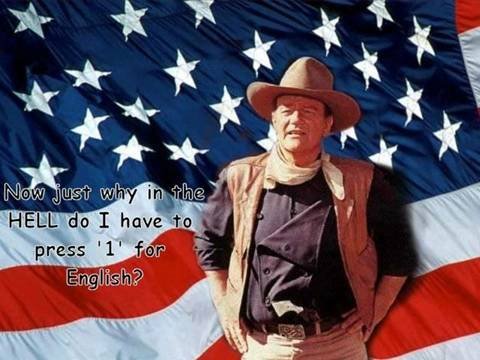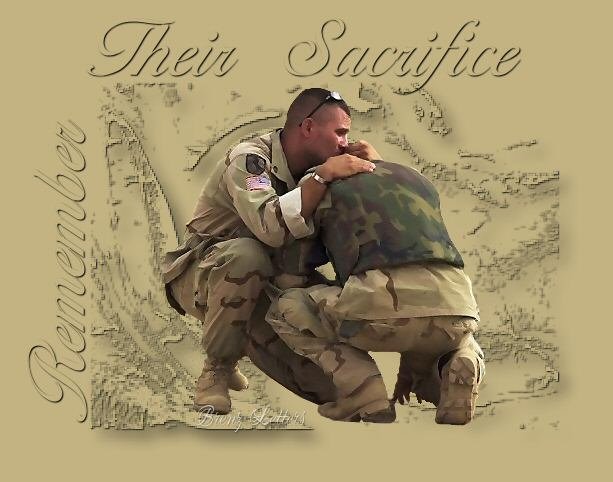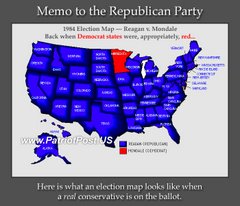Let Us "Stir The Pot"

The following is rewritten and taken from the Levitt Letter which I subscribe to. I thought it was pertinent to what many of us perhaps know already but were afraid to admit publicly. This may be somewhat controversial, even contentious, but please read it carefully.
How many times will you, as a Christian, "turn the other cheek", or avoid unpleasantness(is that a word?)?
Will you pick the tough road filled with obstacles and enemies, or will you choose the path of least resistance and no enemies?
DeSeifering Our World
By Dr. Jefferey Seif. Zola Levitt Ministries.
Should Christians make praying for their enemies an absolute priority? I say absolutely “Not”! By contrast I suggest that Christians making enemies should be a priority and then, once made, we should be praying for them. Sound strange? Listen up.
While Christians are fond of quoting Jesus praying “forgive them; they know not what they do” (Luke 23:34), we do well to note that, though they didn’t know what they were doing, Jesus certainly did. At one level, they were responding to Jesus’ having previously and provocatively taken a whip to individuals in the Jewish Temple (see John 2:13-22). Jewish authorities were, in like manner, responding to having been the object of Jesus’ prophetic scorn in Matthew 23:1-35, in the process of which they were referred to as “ hypocrites” (v.14; cf.vv. 23, 27) “blind guides” (v. 16; cf. vv. 24, 26), “fools” and “blind” (v. 17; cf.v. 24); and, as if all this wasn’t bad enough, Jesus likewise went on record calling them “serpents” and then “broods of vipers” in v. 33.
Though Jesus prayed for His enemies, He also made His enemies on the heels of His provocations.
Paul, for his part, did much the same.
A riot ensued in the wake of Paul’s early ministry in Damascus, and he was spirited away in a basket to avoid getting killed (Acts 9:23-25). He narrowly escaped Thessalonica, when riots followed there (Acts 17:1-10). Luke informs that Paul generated so much discontent in Jerusalem that the authorities “called for two centurions…saying ‘Prepare two hundred soldiers, seventy horsemen and two hundred spearmen… and provide mounts to set Paul on, and bring him to Felix the governor’” (Acts 23:23-24).
Add Paul's own autobiography to this mess, and we learn that he was slashed with whips many times, and on more than one occasion, beaten with rods, stoned with boulders, and imprisoned frequently (II Corinthians 11:23-33). This guy was a virtual riot-maker! Though Paul graciously prayed for his enemies, let’s remember that he made them too. Had he done nothing with his life---as seems the case with many Christians today---the world would have ignored him, much as it ignores much of the boring and irrelevant in the church today.
It’s for this and other reasons that I say praying for our enemies should not be our priority, as much as making them should be, by taking stands.
Jesus, Paul, and the early brethren did not invoke the ire of the authorities by being really, really nice guys---the image of today’s Christians. No. They “stirred it up” by boldly contending for principles; and they, as we know, got into trouble by virtue of their so doing.
Seems to me that the issue of “praying for our enemies” is a moot and irrelevant point for many Christians today.
Many simply don’t have any enemies to pray for because, contrary to the teachings and examples of Jesus and Paul, they are not doing anything to “ruffle any feathers” in the world.
I say, “Let’s take stands, make enemies and then---of course---pray for them.”
Also posted at Digg! here; GOP Hub here; Real Clear Politics here and Grizzly Groundswell here. Sphere: Related Content











































|